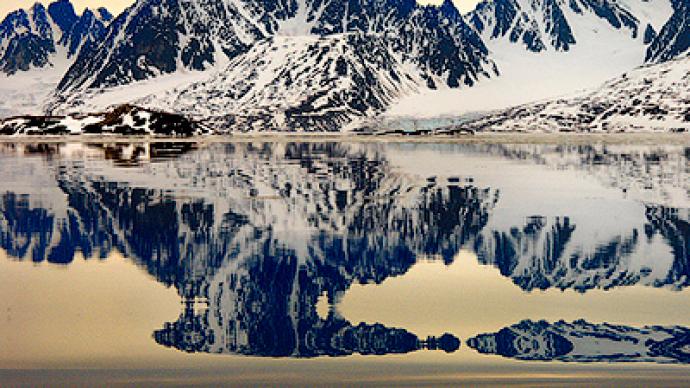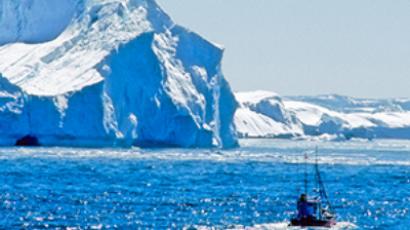Moscow and Oslo a step away from ironing out decades-long dispute

A Russian-Norwegian agreement on delimitation of maritime space will put an end to the 40-year-long territorial dispute between the countries and a moratorium on the extraction of hydrocarbons, according to Russia’s plenipotentiary ambassador.
Roman Kolodkin, who also heads the Russian delegation in talks with Norway on the issue, announced the event to the State Duma on Monday.He noted that the agreement is first and foremost beneficial to Russia, as it gets more than 860,000 square km of the disputed zone. Norway will get 510,000 square km. “The delimitation is regarded as fair by both parties,” the diplomat said, adding, though, that the document does not settle the dispute concerning maritime space around Spitsbergen. He also said that apart from delimitation the area, the agreement has detailed provisions for Russia-Norway cooperation in hydrocarbons extraction. This refers to deposits which will be exploited jointly by Russia and Norway. “The disputed area, especially its southern part, is thought to be rich in hydrocarbons,” Kolodkin explained. He added that both countries saw good prospects for a partnership with Oslo in the field. Russia and Norway signed the agreement in September 2010 in Murmansk. The Norwegian parliament ratified it on February 8. It set the countries’ sovereign rights and also establishes the framework for oil extraction and fishing in the border zone. On February 10, the agreement was submitted to Russia’s lower house, the State Duma for ratification. Speaking at the Duma hearing on Monday, the presidential envoy to the North and South Poles, Artur Chilingarov, noted the importance of the document for international law purposes. He said that apart from Russia and Norway, other countries have demonstrated close interest to the area. Not only has US, Canada and Denmark expressed interest, but Germany, France and China which are not geographically linked to the polar region has as well, Chilingarov said.“All those states are ready to step into the ring and fight for the hydrocarbon resources of the Arctic continental shelf,” he stressed. “The agreement and our practical activities will bring order to that arena.”













